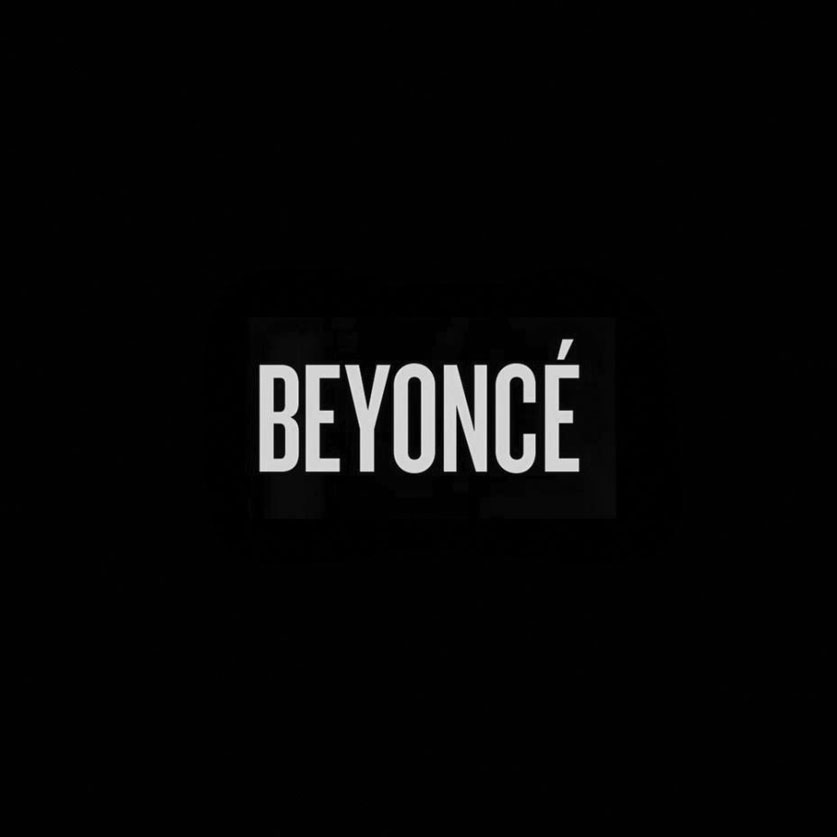On Dec. 13, Beyoncé Knowles changed the game. Fourteen new songs and 17 accompanying high-definition, expertly choreographed music videos were unleashed on an unsuspecting audience with no fanfare.
Now packaged and sold – almost exclusively digitally, it’s worth noting – as Knowles’ fifth album, the eponymous “BEYONCÉ” is a major event in pop music.
Music industry gurus, critics and fans have all praised the album similarly for a variety of reasons. Its sudden release and unconventional distribution commands listeners to consume the album and its visual accompaniment as a cohesive whole, which is rare in an industry increasingly dominated by streaming services, such as Spotify.
Furthermore, “BEYONCÉ” pushes Knowles’ envelope from confident female pop star with a few “girl-power” anthems, such as “Run the World (Girls)” and “Single Ladies,” to full-fledged, multifaceted sex-positive feminist.
These songs unabashedly examine sex from many angles, exploring its vulnerability and power while constantly asserting Knowles’ control over her own body. Tracks are strung together with samples of feminist speeches. It all comes together very nicely as a coherent statement of humanistic empowerment.
These are all interesting aspects of “BEYONCÉ,” and reasons why the project will be dissected for a long time, but the album probably succeeds most because of its brilliant, highly imaginative music.
This is a widescreen, cinematic pop album in the vein of Kanye West’s “My Beautiful Dark Twisted Fantasy,” Frank Ocean’s “Channel Orange” and Kendrick Lamar’s “good kid, M.A.A.D. City.”
There is an abundance of powerful, excellent hooks, but more often than not they play second-tier to the album’s lush, smoky production. Beatmakers as distinguished as Pharell Williams and Timbaland, and as unknown as Boots, provide intricate, minimalist backdrops for Knowles’ exceptional voice.
Songs are sometimes split into two parts, as on the creeping “Haunted” and the album’s shining moment “Partition,” which morphs from trunk-rattling rap to a sinuous striptease groove with skill and precision.
Stylistically, “BEYONCÉ” absorbs everything from Knowles’ past R&B successes to Drake’s hushed come-ons to R. Kelly’s dramatic slow-jams to the metallic punch of Kanye West’s “Yeezus.”
Knowles is able to successfully synthesize all these influences, many of them from established male artists, and come out with some of the freshest, boldest pop music of recent memory.
When paired with the album’s intensely sexual, vibrant, surreal music videos, “BEYONCÉ” reveals itself as one of Knowles’ best-ever projects. Aesthetically, everything might come across as too slick and polished, but the songwriting and execution are so strong that it barely matters.
At only 32, Knowles has upstaged most other popular artists, female or male, without a trace of pretension or insincerity. “BEYONCÉ” is a zeitgeist-capturing moment on many fronts, and comes highly recommended.
Rating: four out of five stars
–Colin Moore, A&E Editor

